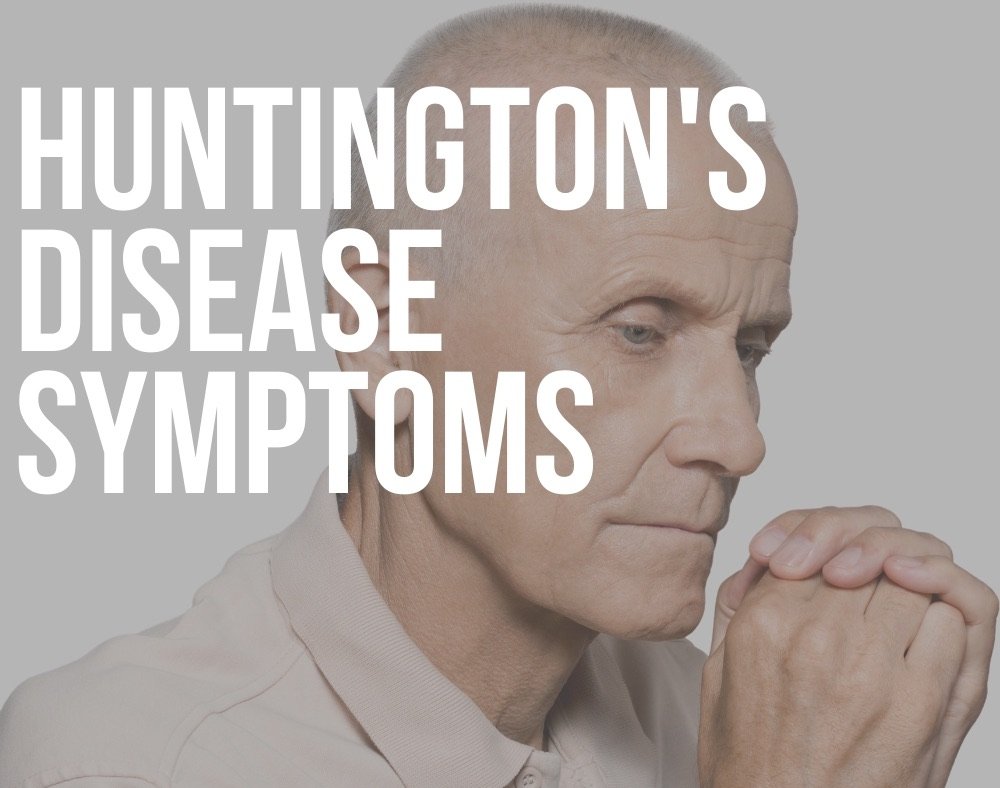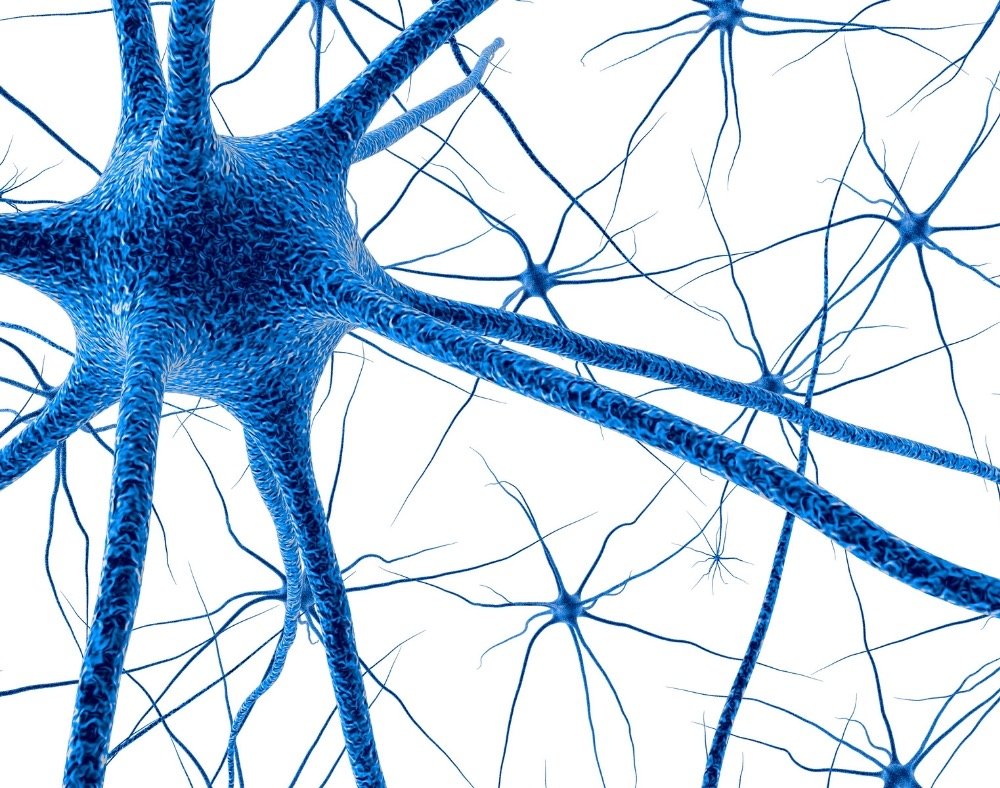Before getting a positive diagnosis for Huntington’s disease, you must showcase a couple of Huntington’s disease symptoms that the doctors will observe or test.
This helps the professionals to confirm whether or not you have developed the illness that causes progressive degeneration of brain nerve cells.
A majority of people with Huntington’s disease will start to develop these signs in their 30’s or 40’s even though the signs can start at any age from the early stages to old age.
Let’s look at some of the warning signs associated with Huntington’s disease below.
If you are also interested in learning what’s the best Huntington’s disease treatment, we made a comprehensive look into it for your convenience.
Common Huntington’s Disease Symptoms
1. Chorea
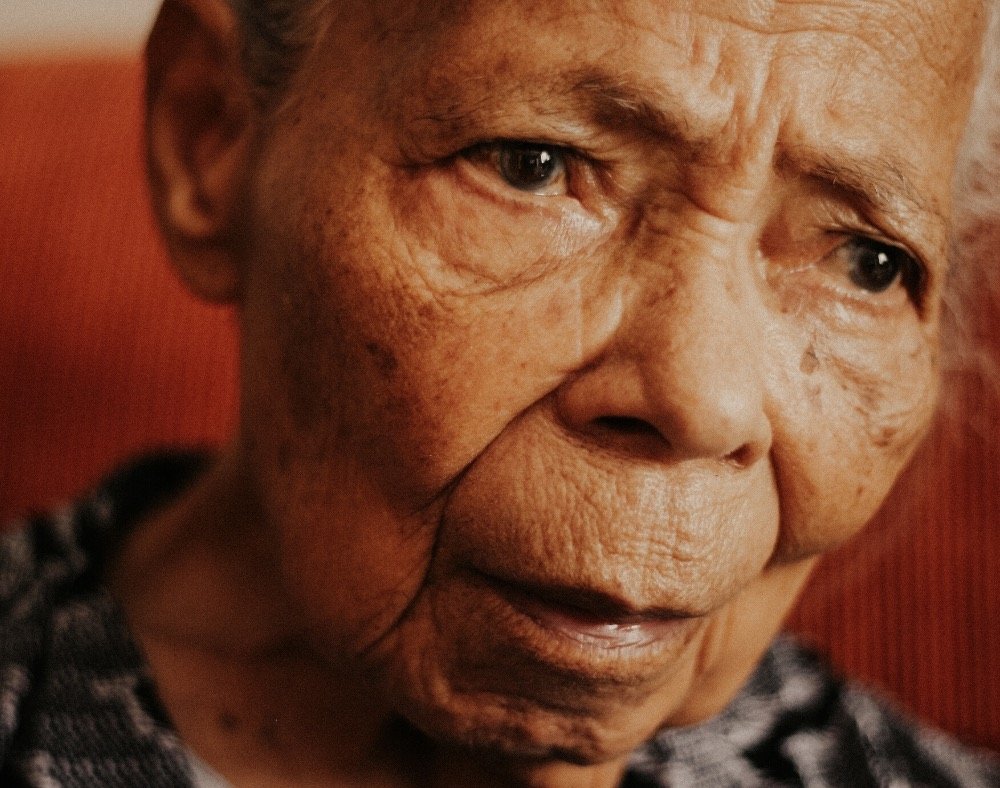
Huntington’s disease can make a person experience physical symptoms like random, uncontrollable, and jerky movements known as chorea. Initially, chorea is usually exhibited as restlessness, lack of coordination, uncompleted motions or abnormal eye movements.
After about three years, these minor motor abnormalities blow up to become noticeable motor dysfunction signs.
2. Depression

If you are susceptible to Huntington’s disease, you may also experience depression as one of the early warning signs of the illness.
Depression is a serious illness that affects people in different ways. You might experience being in a low mood for extended periods.
Some people will feel like they are drowning in a sense of hopelessness while others will lack interest in the things they once loved. Body aches and pains, lack of appetite, fatigue, and bad sleeping patterns are other symptoms of depression.
3. Difficulties in Swallowing and Eating

Problems with eating and swallowing are among Huntington’s disease symptoms.
A person goes through this when the muscles in the diaphragm and mouth cease to function properly.
Persons with these symptoms risk choking especially in the later stages. They also lose weight because they do not eat properly.
4. Personality Changes

Changes in personality are common with people who have Huntington’s disease. This is where a person becomes highly irritable, has mood swings, apathy, and anger outbursts.
Many people also become socially withdrawn where they want to spend time alone. Some even have frequent thoughts of suicide and dying.
5. Communication Problems
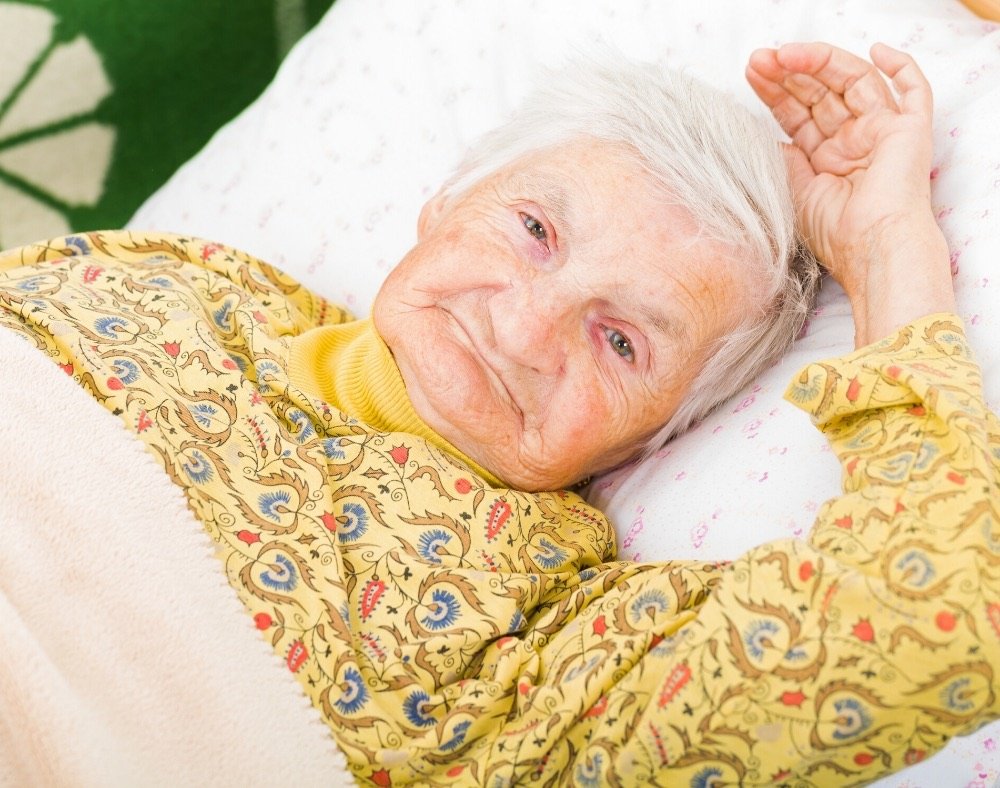
Issues with communication are prominent in persons with Huntington’s disease. They usually vary from person to another both in severity and nature.
One person may have a hard time initiating a conversation while another will struggle to find the right words to speak clearly.
Another communication problem that may arise is having difficulties understanding what people are saying.
6. Problems with Memory

Issues with memory also make part of Huntington’s disease symptoms. These affect both short-term and long-term memory.
A person may have trouble recalling memories of their lives.
Some experience deficits in procedural memory where they cannot remember how to perform a certain activity they could handle before.
The disease also affects working memory which is common in the later stages.
7. Emotional Changes

Huntington’s disease can also affect how a person functions emotionally. In most cases, the emotional changes do not occur consistently but they alternate.
These can include stubbornness and lack of emotion. A person may be very happy one instant, and the next they are wallowing in sadness.
8. Obsessive-Compulsive Behaviors

This is another common symptom of Huntington’s disease. It is a disorder that features unwanted fears and thoughts that can lead a person to do repetitive behaviors also known as compulsions.
The compulsions and fears result in significant distress and can interfere with daily activities.
For example, a person can develop a fear of germs which makes them wash their hands over and over until they are chapped and sore.
9. Lack of Awareness
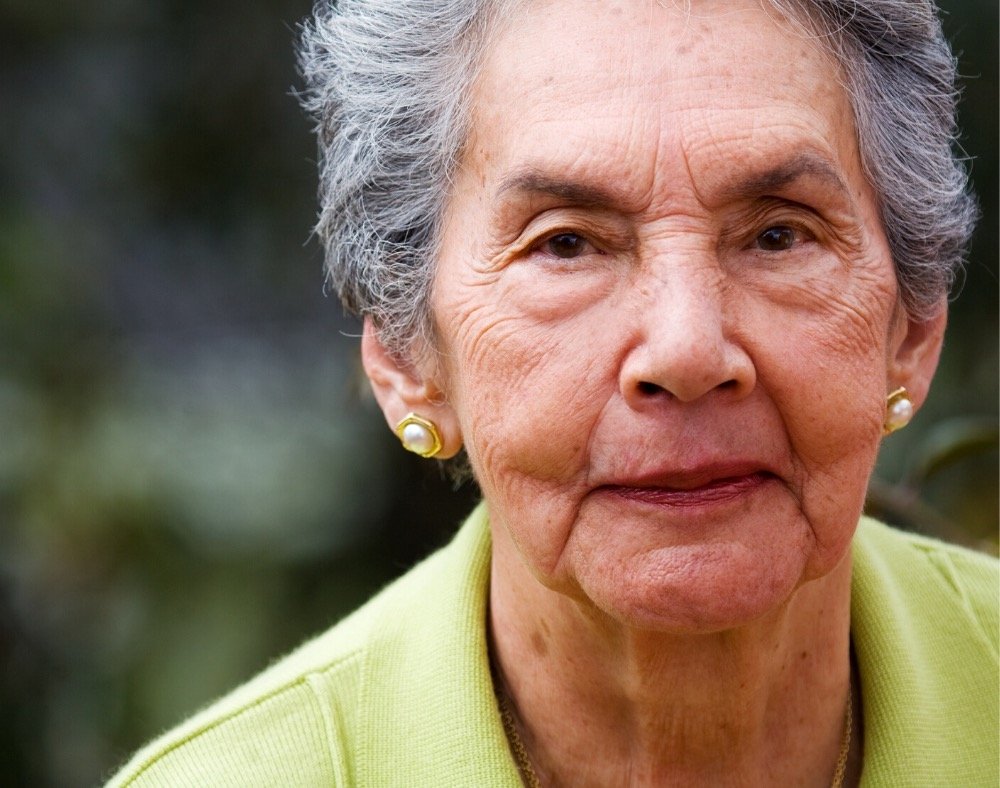
Lack of awareness is worth mentioning when talking about Huntington’s disease symptoms. It is where a person lacks awareness of their abilities and behaviors.
This can make the affected person not see mistakes that are evident to those around them.
Most people with the illness will refute the fact that they have Huntington’s disease.
10. Difficulty Organizing

Having problems with organization is another symptom that relates to Huntington’s disease. This affects functions like planning, rule acquisition, and initiation of appropriate actions.
A person may become disoriented because the illness affects their ability to make the right decisions.
The ability to multi-task also becomes difficult because a person has trouble concentrating on more than one task.
11. Diminished Visual Partial Ability

Another symptom of Huntington’s disease worth mentioning is diminished visual-spatial ability.
This is where a person is not able to perceive the position of their body in an environment.
It can result in having difficulties with things like following directions or reading a map properly.
12. Seizures

Some people with Huntington’s disease will also develop other medical conditions like seizures.
These can be described as uncontrolled and sudden electrical brain disturbances. It can lead to changes in behavior, feelings, levels of consciousness, and movement.
A majority of seizures will last between 30 seconds and two minutes although they vary in severity from person to person.
The seizures are normally associated with temporary confusion, loss of awareness, staring spell, uncontrollable jerking movements of legs and arms, and emotional symptoms like anxiety or fear.
13. Clumsiness
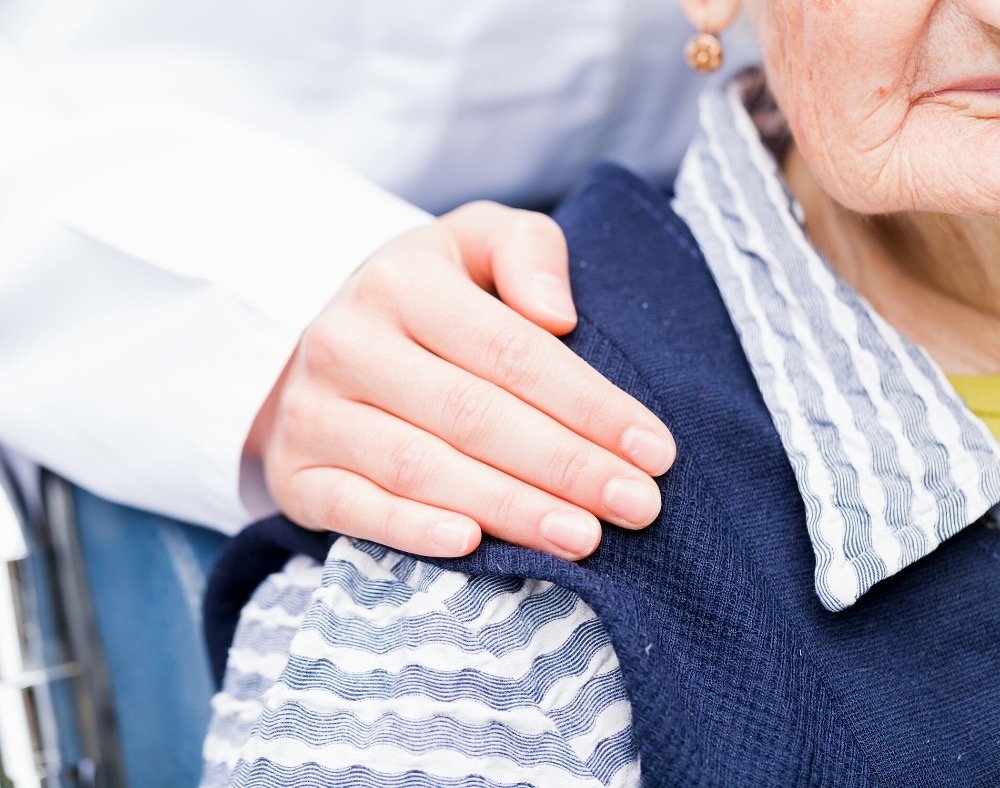
Clumsiness also goes on the record as one of the common Huntington’s disease symptoms. It can be defined as poor coordination, action, or movement.
This is where you might find that a person is always dropping things and bumping into furniture.
Their risk of falling also becomes intensified. While this might be a minor issue for most people, it can be profound a well where you increase the risk of severe injuries or accidents such as concussions.
Closing Remarks
If you notice that you have any Huntington’s disease symptoms, it is important to seek medical attention as soon as possible.
This is because some of the symptoms of Huntington’s disease are caused by a wide range of conditions.
Proper diagnosis helps you know how to best manage the progressive disease seeing that currently, there is no treatment to reverse or stop the illness.
Keep in mind that in the later stages of the disease, affected individuals may need full-time nursing care as completing day to day activities becomes extremely difficult.

